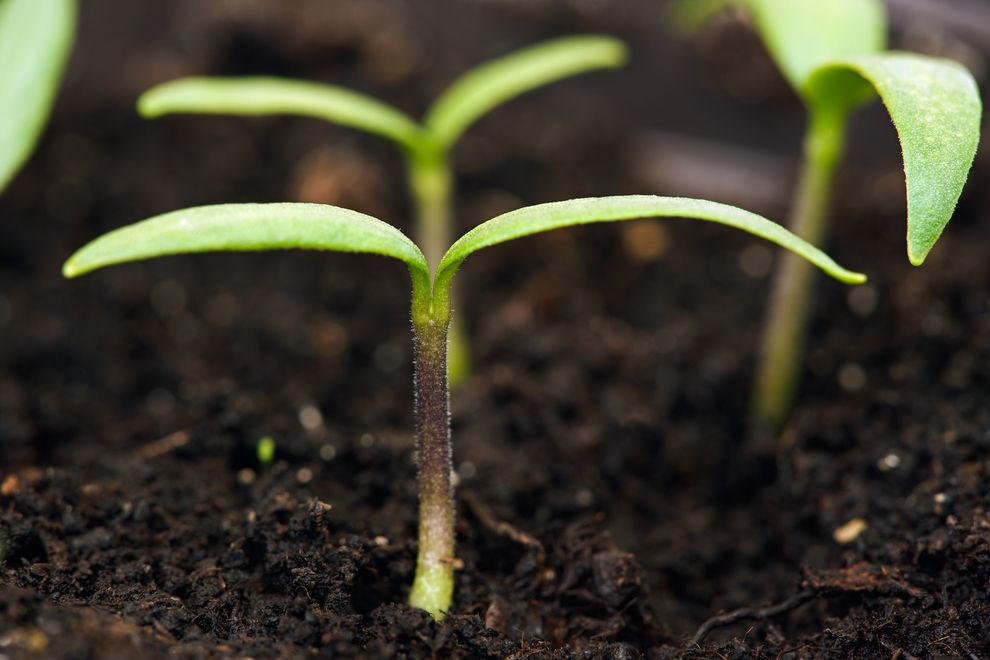
Plants don't have ears or a central nervous system, but new research out of the University of Missouri has demonstrated that they might still have the ability to “hear,” reports the Washington Post. More specifically, plants have been shown to exhibit an immune response to the mere sound of a hungry insect. For the study, researchers played the sound of a caterpillar chewing to a group of plants, which caused subtle vibrations on the plants' leaves. The plants were able to recognize these vibration patterns as danger, and responded by mounting the appropriate immune response. In other words, it appears that plants can “hear” themselves being chewed on.
The interconnectedness between soil, microbes, plants, pests, and ultimately human health, is a fascinating area of study.
With the rapid evolution of technology, much of what used to be common-sense farming and gardening knowledge was lost. However, science is starting to reaffirm age-old wisdoms, showing that nature is far smarter than we may have given it credit for.
For example, we now know that plants are capable of communicating with each other via extensive and complex networks, and can warn each other of the presence of pests. In response, the plants will mount natural defenses against the infestation.
How Plants Hear
As reported by IFL Science, when a bug such as a caterpillar chews on a plant's leaf, the plant actually “hears” the vibrations of the chewing, and produces a phytochemical to defend itself from further harm.
I never realized that this happened but after reading the study, I went out to my edible landscape and …
![]() So far such claims have been unsubstantiated by science, and it's a difficult thing to study. Controlling for the range of sounds in Beethoven's Symphony No. 9, for instance, is not an easy task. Furthermore, while it's easy to understand why learning to respond to the sounds of a chomping insect might be evolutionarily advantageous for plants, it's not immediately clear why they should develop an ear for classical music. But who knows, maybe there's something universal about certain kinds of music. Those prone to play tunes to their tomato plants will just have to wait for further study to know for sure.
So far such claims have been unsubstantiated by science, and it's a difficult thing to study. Controlling for the range of sounds in Beethoven's Symphony No. 9, for instance, is not an easy task. Furthermore, while it's easy to understand why learning to respond to the sounds of a chomping insect might be evolutionarily advantageous for plants, it's not immediately clear why they should develop an ear for classical music. But who knows, maybe there's something universal about certain kinds of music. Those prone to play tunes to their tomato plants will just have to wait for further study to know for sure.
Please Read this Article at Articles.Mercola.com





Leave a Reply